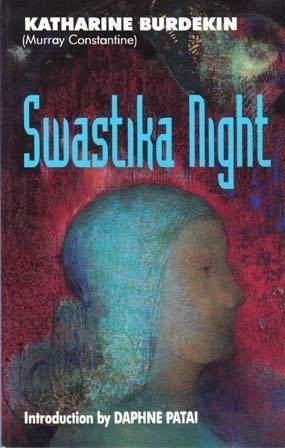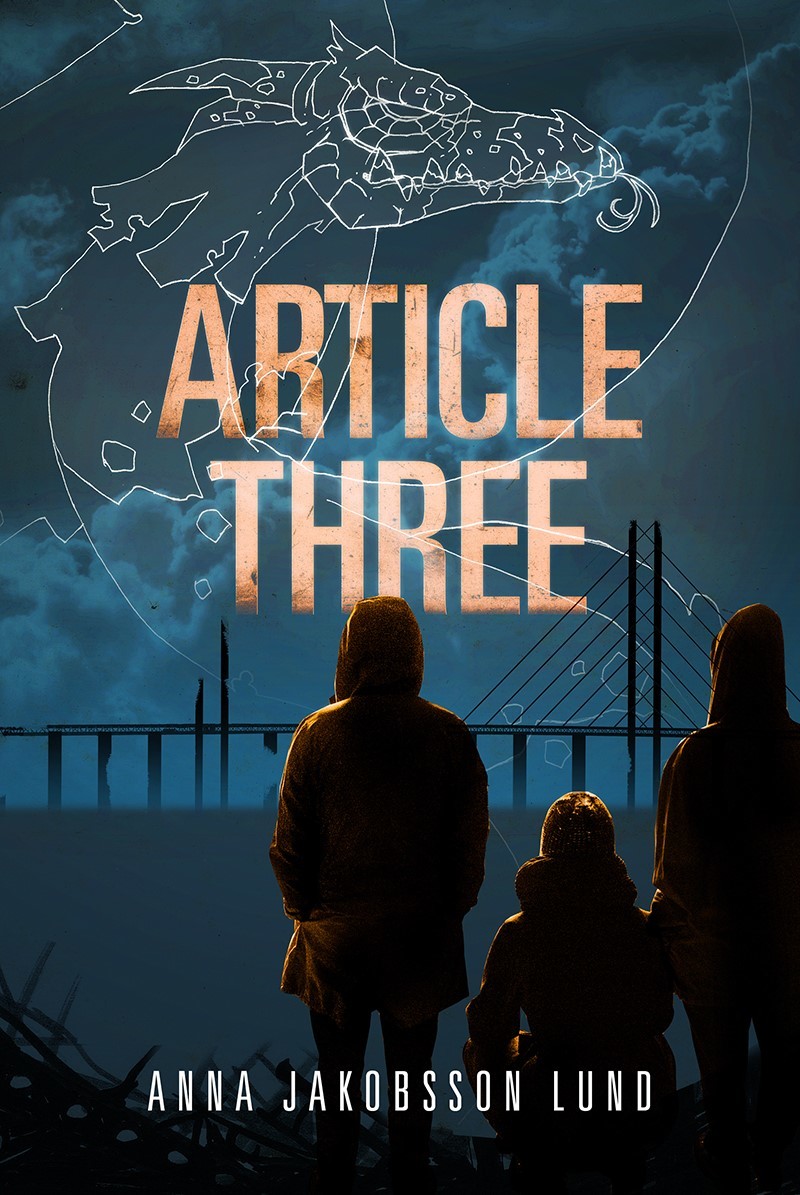
Kallocain
Book Description
In a world where thoughts are no longer private, a groundbreaking drug promises transparency and loyalty. Kallocain, a serum that exposes the truth inside every heart, threatens the very fabric of human connection. As citizens succumb to a life devoid of secrets, the battle between freedom and totalitarian control intensifies. When a scientist questions the morality of his creation, he plunges into a chilling journey of betrayal and desperation. Relationships fracture, and paranoia reigns as loyalty becomes a weapon. Will humanity choose authenticity over oppression, or is the price of truth too high? What happens when secrets become a relic of the past?
Quick Book Summary
"Kallocain" by Karin Boye is a haunting dystopian novel set in a totalitarian World State where surveillance infiltrates every aspect of life. Central to the story is Leo Kall, a scientist who invents a truth serum capable of exposing the innermost thoughts of its subjects. Marketed as a tool for security and social order, Kallocain soon reveals the profound consequences its existence brings: fear, mistrust, and the dissolution of genuine human relationships. As Leo witnesses the unsettling effects of his creation on society and his own family, he grapples with deep questions about loyalty, the right to privacy, and the costs of enforced honesty. The novel stands as a powerful meditation on the dangers of sacrificing individuality and intimacy for collective security, and it raises timeless questions about freedom and the ethics of technological progress.
Summary of Key Ideas
Table of Contents
The Ethics of Surveillance and Truth
In "Kallocain," Karin Boye crafts a portrait of a highly regimented society where the State commands total obedience, and individuality is regarded with suspicion. Within this oppressive setting, Leo Kall works as a chemist, deeply committed to the ideals of order and loyalty that define the World State. His drive to contribute to the collective good leads him to the creation of Kallocain, a serum with the extraordinary power to compel truthfulness by making any attempt at secrecy or deception impossible. Believing his invention will eliminate crime and discord, Leo is initially proud of his achievement.
Individuality Versus State Control
As the implementation of Kallocain begins, the impact on society is immediate and profound. The serum is used to interrogate suspects, employees, and even family members, exposing their inner thoughts for all to see. Though promoted as a way to strengthen social harmony, Kallocain instead fosters an atmosphere of fear and paranoia, as citizens become terrified that their most private doubts or disloyalties will be revealed. The boundaries between public and private, already tenuous under the State's rule, are completely eradicated.
The Fragility of Human Relationships
Leo's personal relationships begin to unravel under the strain of constant scrutiny. His marriage with Linda grows distant and fraught; he suspects her of disloyalty, while she fears his absolute commitment to the regime. The absence of privacy erodes authentic intimacy, leaving individuals isolated in their own minds. This emotional alienation is reflected in the wider society, where neighbors and coworkers mistrust each other, and genuine friendship becomes nearly impossible.
The Nature of Fear and Loyalty
Confronted with the consequences of his invention, Leo is forced to question the basic principles upon which his world is built. He comes to realize that enforced loyalty and truth are not true virtues—but tools of control that strip people of their humanity. The cost of a transparent society is the loss of freedom, spontaneity, and individuality. Through Leo’s growing doubt and eventual sense of betrayal, the novel interrogates the ethical limits of technological advancement and the dangers of sacrificing the inner life for an illusory sense of security.
By the novel’s end, Boye leaves open the question of whether authenticity and true connection can survive such pervasive control, or whether the price of societal harmony is too great to bear. "Kallocain" serves as both a warning and a philosophical exploration of surveillance, power, and the resilience of the human spirit in the face of overwhelming repression.
Download This Summary
Get a free PDF of this summary instantly — no email required.





